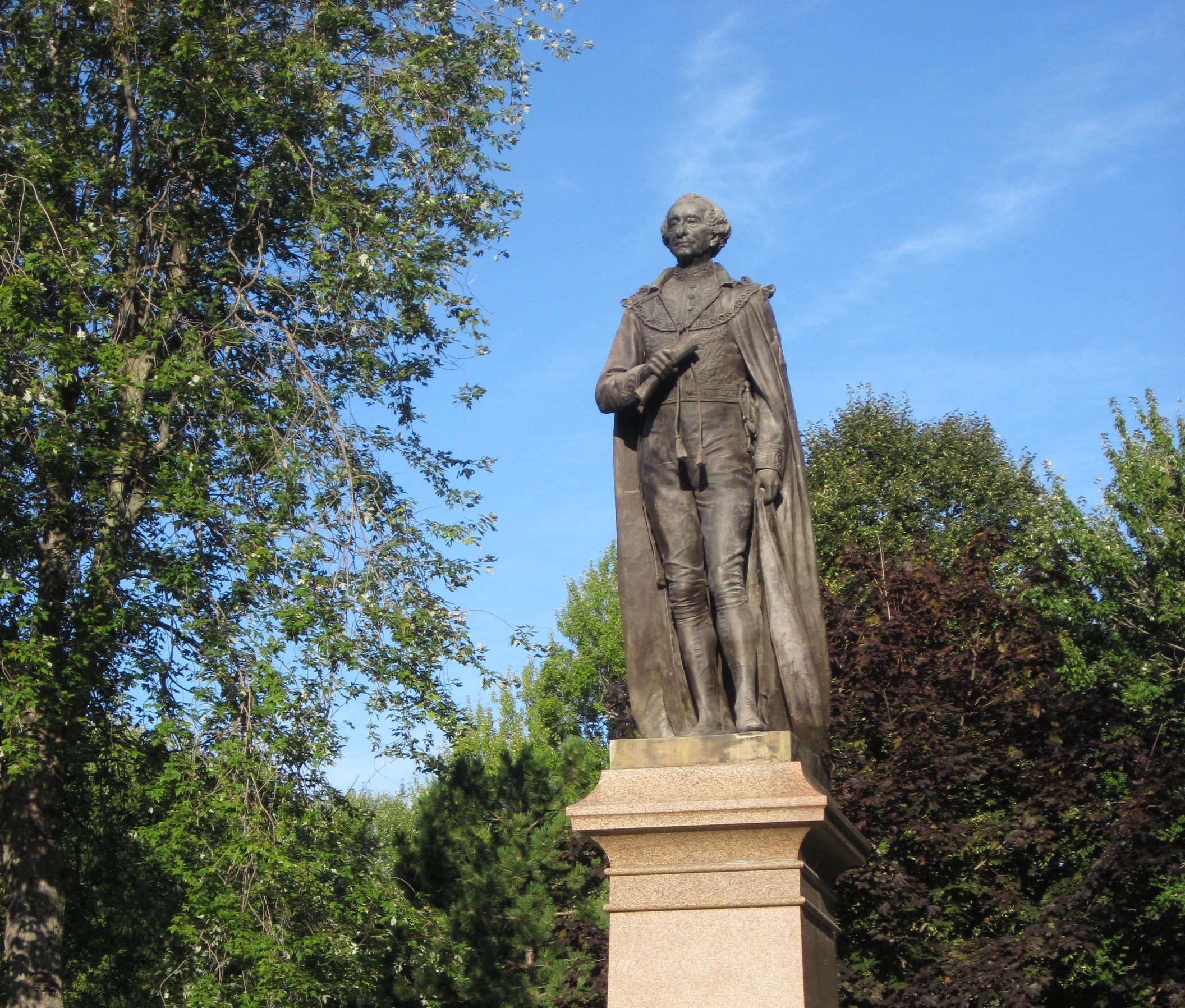On January 11 a few Canadians on awakening will remember that it is Sir John A. Macdonald Day, as decreed by Parliament in an act of March 21, 2002. On that long-ago date Sir John was considered a Canadian hero, worthy of celebration and commemoration but now, of course, the wisest minds of our nation tell us otherwise. Macdonald is a despised and disgraced figure. His name is removed from places, buildings, and prizes; his statues are torn down and defaced; mothers frighten their children with stories of the Ogre of Ottawa.
On the occasion of his birthday it may do readers some good to be reminded of why John A once had a shining reputation.
Let’s begin with his creation of an independent Canada out of a disparate collection of North American colonies. In the face of an expansive United States with a massive military fresh from victory over the secessionist South, French-Canadians worried about Anglophone domination, and a Britain looking to shed the financial burdens of some of its nonprofitable dependencies, Macdonald persuaded politicians from Ontario, Quebec, Nova Scotia and New Brunswick that a federal union was the best way forward. A confederation would preserve them from being swallowed up by the USA, preserve provincial rights, and allow the French culture to be protected.
This new nation was the first of its kind: a self-governing dominion based on English common law and the British parliamentary system. Considering how many failed states have come and gone since 1867 – empires in Europe, Africa, and Asia, fascist dictatorships, emirates, soviets, communes, caliphates, kingdoms, sultanates, and “people’s” republics – you must give Macdonald and his colleagues full marks for a successful and stable creation.
In addition, Macdonald expanded this union of 4 provinces into the second-largest country in the world. Negotiating with the British government, native tribes, regional authorities, and the Hudson’s Bay Company, he made Canada a continent wide, linked by a railway from the Atlantic to the Pacific.
It is essential to note that this expansion westward and northward was accomplished with the minimum of violence unlike in the United States where their doctrine of Manifest Destiny produced decades of war with aboriginal inhabitants and a trail of broken treaties. Aside from an ill-advised uprising led by a mad prophet in 1885, the settlement of the Canadian west was brought about by mutually-satisfactory treaties.
To secure the safety of western aboriginals from American whiskey traders who were destroying tribes such as the Blackfoot and other intruders from south of the border, Macdonald commissioned the formation of the Northwest Mounted Police.
Macdonald’s treatment of prairie natives received much criticism from the Liberal Opposition of the time who claimed that he was spending too much money on emergency food relief in the wake of the disappearance of the buffalo economy. (In 1884 the Indian Affairs budget was quadruple that under the previous Liberal administration and was the fourth-highest federal expenditure, dwarfing that of National Defence.) Liberals also complained that native reserves were on good farm land that should have been given to white settlers but Macdonald refused to break the treaties. The Opposition were also upset that the NWMP were too even-handed in their treatment of aboriginals, but Macdonald reminded the House of Commons that the red-coats were there “not only to protect the white man against the Indians, but the Indian against the white man.”
Macdonald’s policies won him gratitude from the tribes. They were especially thankful for his smallpox vaccination program which in the words of a recent historian made him the saviour of more indigenous lives than any other prime minister. When in 1885, Montreal suffered 3,000 deaths from smallpox, the nearby Kahnewake reserve experienced very few cases.
Chattering class public opinion, ever fickle, is now negative towards Sir John A. Macdonald. It seems that memories are short and that the creation of a prosperous, democratic country which has long been the envy of the world is insufficient to save a man from slander and disgrace. This moral blindness cannot last. There will again come a time when Canadians will remember that in Macdonald there was a man of greatness. Dusty tarps will be thrown off his statue, universities will be proud to name buildings after him, and little children will be told tales of wisdom and vision.
Gerry Bowler is a historian and a Senior Fellow at the Frontier Centre for Public Policy
Related Items:
Read part 1 of a 5 series about Sir John A Macdonald here by William Brooks.
Download our calendar with image of Sir John A MacDonald here.



